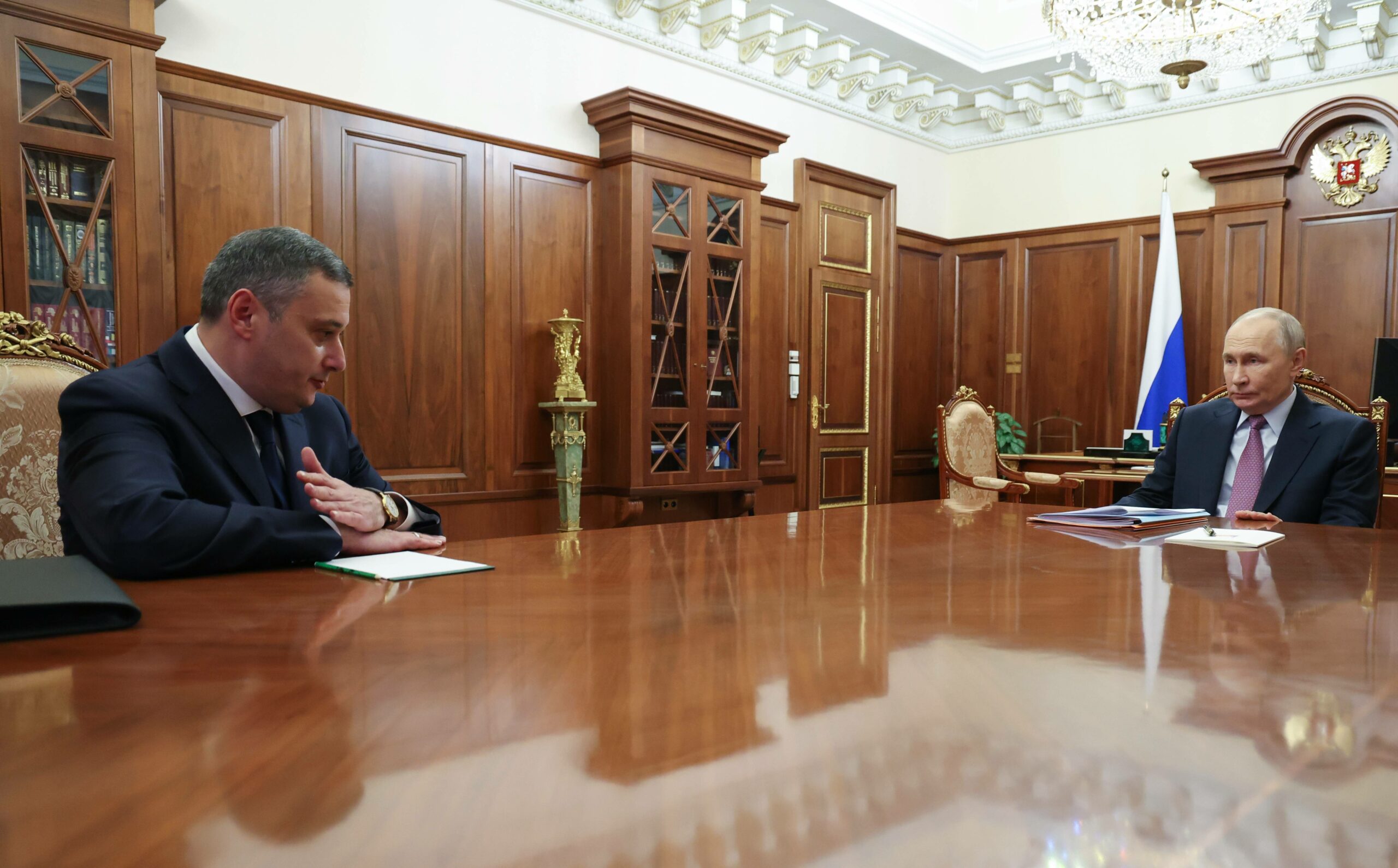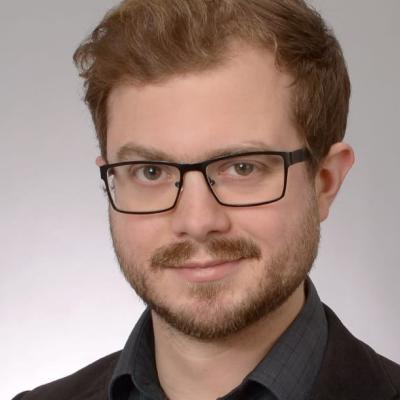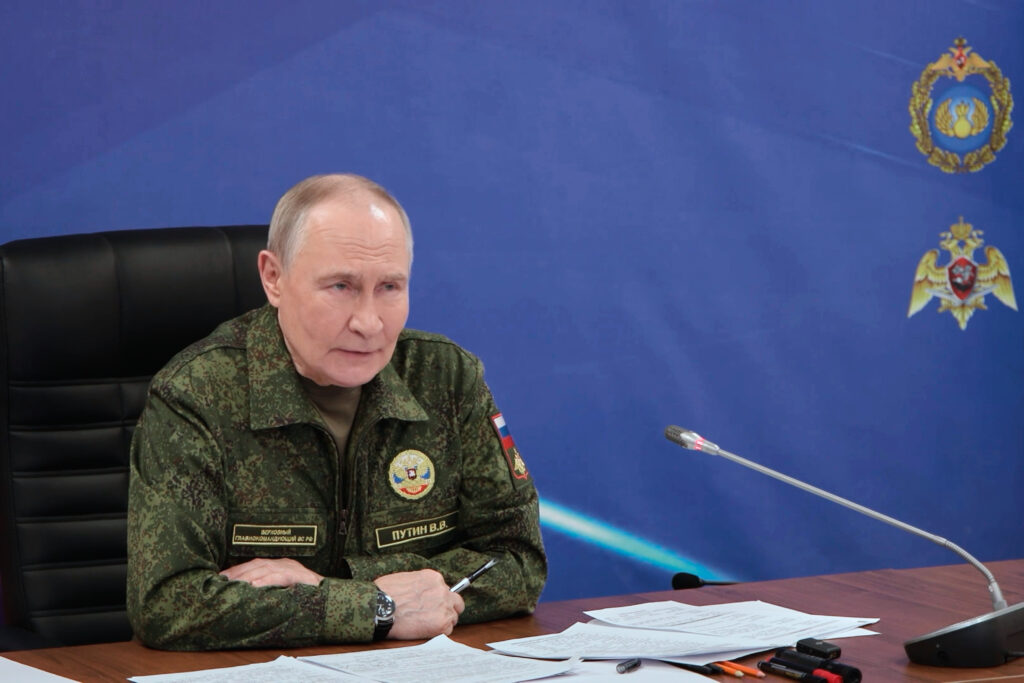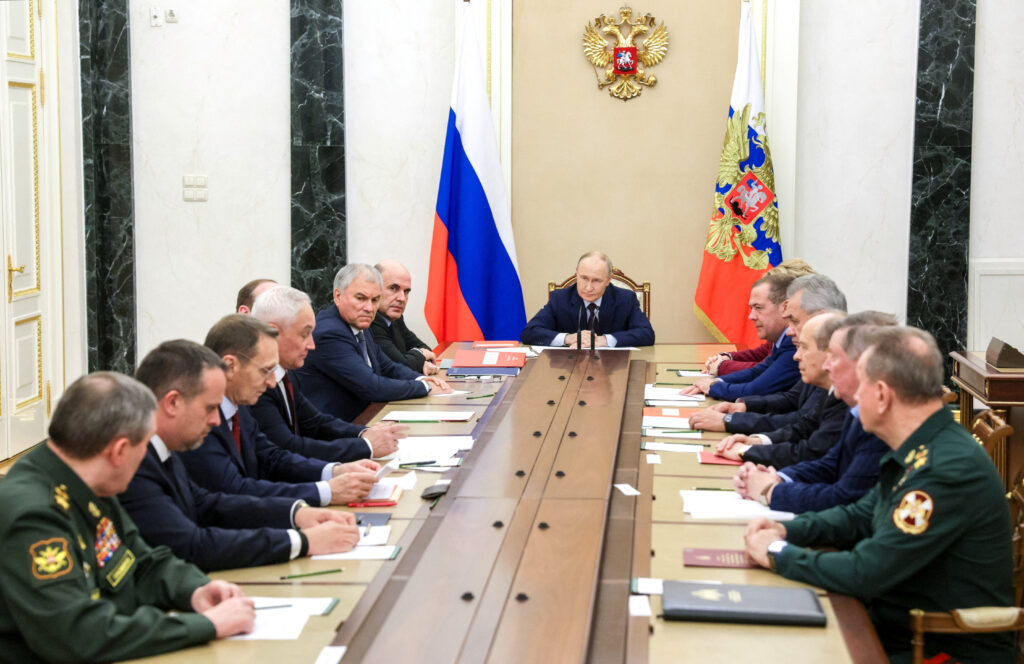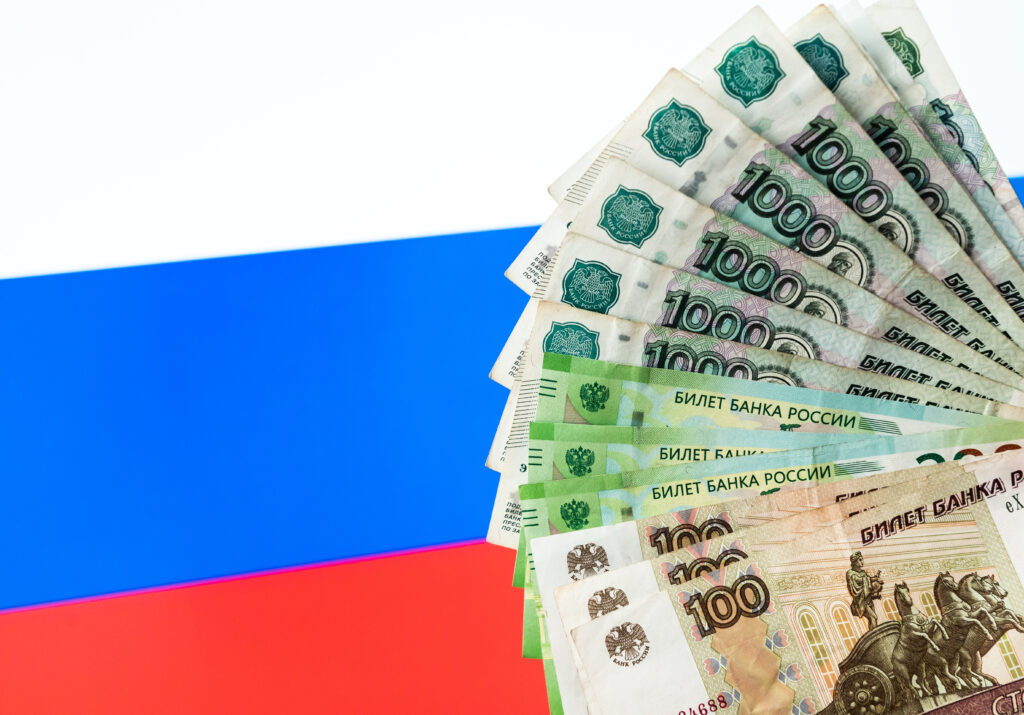As 2024 comes to an end, it is getting clearer how almost three years of open warfare have changed the ways the Kremlin is administering regional governance.
The reshuffles in Russia’s gubernatorial corpus in autumn 2024 confirmed shifts first marked by the spring appointments of new governors: a cautious but clear move to appoint locals with strong federal links as regional leaders (Rostislav Goldshtein’s appointment to Komi, Maria Kostyuk’s appointment to the Jewish Autonomous Region and Yury Slyusar’s appointment to the Rostov Region all fit this pattern). These appointments also signal the growing influence of the defense industrial complex (given Slyusar’s links to Rostec); and it emphasises a performative focus on promoting the «new elite» of war participants, primarily — but not only — those with strong prior credentials in public administration (as suggested by such promotions as that of Yevgeny Pervyshov, a former Krasnodar mayor and war participant, to governor of the Tambov Region, and that of Roman Balashov, a former soldier, to deputy governor of the Lipetsk Region).
Even the late appointment of Alexander Khinshtein to replace Alexey Smirnov at the helm of the Kursk Region after only six months is in line with the Kremlin’s personnel policy: from the Kremlin’s point of view, at the time of Smirnov’s appointment Kursk did not face an acute crisis, a perception that likely changed with the Ukrainian army’s incursion and the increasingly vocal angst of the local population. The apparent purpose of Khinshtein’s appointment is to act as a heavy-handed problem solver with the backing of the security elite, similar to Dmitry Demeshin in Khabarovsk. But consider also that in the Vologda Region the Kremlin gave the job of breaking the local business elite to Georgy Filimonov, an official with local roots but strong federal loyalties.
Then, in early December Vladimir Putin approved changes to the list of «key performance indicators», which the Kremlin uses to evaluate the work of governors — the first such update since the beginning of the full-scale invasion (at least officially).
While the first (and likely most important) indicator that governors need to keep an eye on is still the popularity of federal and regional officials and especially the president, the new list notably includes four indicators related to raising fertility rates and population figures, a political hobby horse that has, for the past years, occupied an increasingly important position in the Kremlin’s ultraconservative rhetoric. 2024 was declared «The Year of Families» with the express objective of raising Russia’s population. An indicator measuring conditions to foster patriotism (among others) reflects the same overt conservatism. Another newly added indicator is the «satisfaction of participants in a special military operation with conditions for medical rehabilitation, retraining and employment» — in short, integrating war participants returning from Ukraine.
Several governors immediately reacted to the new KPIs. Regions again started introducing legislation to ban «coercion into abortion», a trend that started last year. Yury Bezdudny, the governor of the Nenets Autonomous District announced that «curators» would work with war participants and their families in every municipality of the region. Kamchatka governor Vladimir Solodov announced that the region would increase payments to injured veterans. At a seminar of the Senezh management workshop in December deputy governors, who oversee the relationships between governors and municipalities, were told to create equivalents of «Time of Heroes», a training program for war participants to become public officials, in their regions. These regional programs will likely include vocational training as well, similar to the «School of Heroes» initiative in the Samara Region, overseen by governor Vyacheslav Fedorishchev, an ally of State Council secretary Alexey Dyumin.
Indicators or directives?
But while windows are increasingly ornately dressed, much remains unclear about how all this is going to work in practice. Apart from tentative plans and performative reactions, it is mostly unclear how the government will assess whether war participants are «satisfied» and well-integrated, especially if and when a large number of them returns in the event of a ceasefire in Ukraine. Many other indicators are similarly vaguely defined. At least four of the twenty-one indicators imply that governors should seek to get some kind of feedback from the population. However, the system of data collection underpinning Russia’s strongly centralized political decision-making is already set up in a way that puts the federal government in charge. Centers of Regional Management (TsUR), used since 2020 to collect and analyze citizen complaints are not operationally subordinated to regional authorities and share data with the federal government. Digital surveillance complementing this, including the monitoring of the social media space, is also spearheaded by a federal agency, Roskomnadzor. Data aggregation and analysis primarily take place at the federal level.
Whether or not this even matters, from the point of view of governors, is also an open question. The federal government monitors the performance of regional governments, but there is not a lot of evidence that governors actually lose and gain positions based on whether or not they meet their KPIs. Take, for example, the recently promoted Roman Starovoit who, as the governor of the Kursk Region between 2019 and 2024 was not a particularly efficient manager (as evidenced, among other things, by the spectacular failure of defensive fortifications erected during this governorship and the corruption cases that followed). However, his focus on consistent lobbying in Moscow paid off, as he ended up being one of the few governors of the technocratic cohort who were actually promoted to federal positions in 2024.
Beyond their questionable practical use to evaluate gubernatorial performance, KPIs can also run counter to other expectations that governors face from the federal center. In this particular case, efforts to raise population figures will certainly run into obstacles, given that governors are also expected to recruit men for the war, reallocate social expenditures to benefit war participants, and finance occupied territories — all this while both regions’ own fiscal income and federal transfers are shrinking, the latter even in nominal terms. Encouraging migration is not an easy way to square the circle, either: since the Crocus City Hall terrorist attack in March, scores of regions have implemented restrictions on migrants, banning them from a range of jobs.
Indeed, the list of KPIs is better read as a list of signals to and expectations from regional political managers about priorities. It is a product of the realization that some clarity was needed for the overseers of domestic politics after almost three years of open warfare, which triggered significant changes, among other things, in domestic resource allocation, the nature and the degree of political repression, and even the Kremlin’s personnel policy. Over the past years, governors, especially those heading regions that strongly depend on the federal budget, have tried to signal their loyalty to the president and his real or perceived agenda, like partaking in various types of pro-war propaganda. In a recent example, a suggestion to name a sports center after the Oreshnik missile. Then there are more consequential signals, like adopting anti-migrant policies, or the type of signal that they would rather forget (e.g. cozying up to Yevgeny Prigozhin prior to his demise).
The new list looks like an attempt to signal which type of loyalty signaling is welcome or expected. Consequently, regional political operators understanding the assignment does not necessarily mean that substantial changes are happening. Appointments of war participants to positions in local and regional administration have become more frequent, but most appointees occupy weak positions in local governments or assemblies, or oversee policies such as sports or social care of war participants. There are, of course, exceptions — but it appears that governors are mostly treating these appointments as a way to ingratiate themselves with the Kremlin, even as there is little substance behind the decisions. In a recent example, when Tambov governor Pervyshov appointed his former chief of staff from Krasnodar, Valery Karasev to the same position in Tambov, he found it important to highlight Karasev’s «war veteran» credentials, even though such appointments were completely commonplace in the past. When they are able to, however, existing elites have defended their positions: in this year’s United Russia «primaries» there was a backlash in several regions against elevating war participants to regional parliaments.
Indicators of weaknesses
The new list of KPIs is a good example of governance by norm-setting: a key political tool for an overstretched autocratic government, which is able to punish specific people for specific deeds and thus signal the boundaries of acceptable behavior, but doubts its capacity to implement sweeping policies across the country. As such, while it makes power projection more efficient, it also implies weakness. Another example of norm-setting is the reform of municipal self-governance, which the State Duma plans to adopt in December. After the ambitious original draft — which foresaw folding thousands of free-standing urban and rural settlements into municipal districts among others — faced significant pushback, it now appears that instead of implementing sweeping changes over a short period of time, as originally planned, the reform will mostly lock in the Kremlin’s centralizing principles, but its timelines will be pushed out, with regional governments nominally empowered to implement changes — and discourage proposals running counter to the spirit of it.
Faithfully observing the Kremlin’s updated priority list can also open up doors to unforeseeable consequences. Samara governor Vyacheslav Fedorishchev, for instance, announced that «School of Heroes» alumni would in future supervise the work of the heads of municipalities on his behalf, and may, in future, do the same with the deputies of the regional parliaments. Both are traditionally the territory of regional elites. There are similar question marks around the appointment, earlier this year, of the former Donetsk commander Artyom Zhoga to serve as Putin’s plenipotentiary in the Urals Federal District, where many of Russia’s key industrial and energy producing regions are located. Both cases may simply be examples of decision-makers higher up the chain of command elevating «prominent» war participants as a means to control entrenched interests; but over time, war participants themselves may increasingly start to regard themselves as the «new elite» with their own privileges.
And while the appointments, dismissals and the updated KPIs may make the Kremlin’s approach to and expectations from regional managers clearer, this does not eliminate the risk that this is, above all, a performative loyalty without much trust in the system itself. As the core promise of the governance reform executed over the past eight years — that governors who manage their regions well according to a clear and measurable set of benchmarks will be promoted to more desirable federal jobs — appears to lose its credibility after several years of very few or no promotions of this sort, governors may very well feel like they need to focus on finding influential allies instead, either local or federal.
